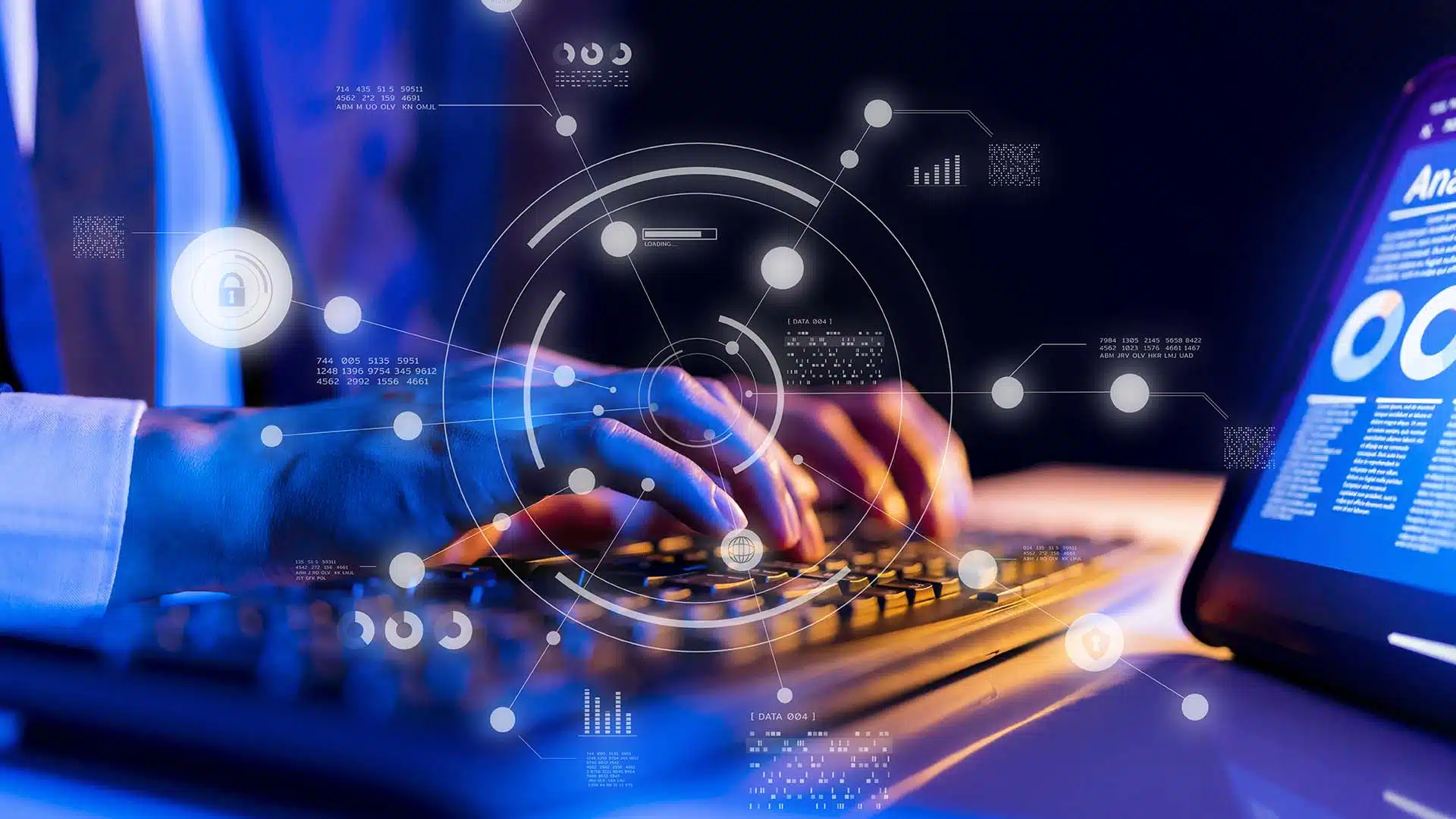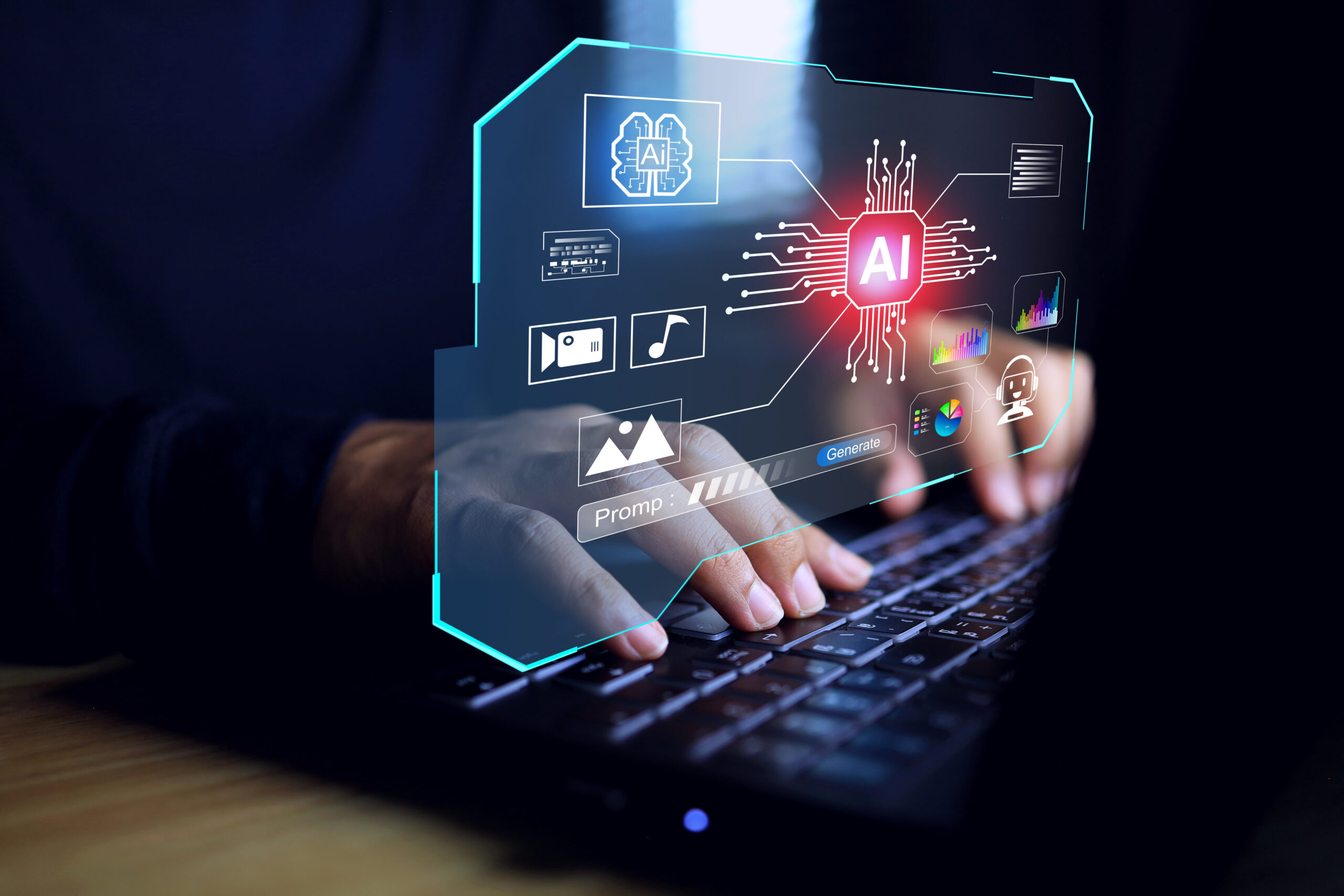IoT in Retail - Reshaping Customer Engagement and Business Processes

IoT technologies have been in trend for quite some time now. Many businesses have tried to find innovative ways to implement IoT in their technology portfolio. However, it is the retail sector where the use of IoT has some of the most innovative applications. Retail has a direct consumer connection, making it the best playground for IoT technologies to shine and deliver delightful customer experiences. That is why several IoT platforms are focusing on innovative retail applications to enhance customer experiences and operational efficiency.
As new business models evolve, key players are implementing strategies that lead us to believe we are entering the next transformational change in retail – the dawn of Retail 4.0. Industry 4.0 (or 4IR) technologies, including data science, AI/ML, IoT, and robotics, are equally indispensable for retail as they are for manufacturing. The concept of Retail 4.0 is the parallel of 4IR in enterprise retail. With a strong & intelligent data foundation, enterprise retailers can progressively enable AI and IoT. Intelligent Data foundation and AI form the most important pillars of Retail 4.0, while other technologies utilize them to deliver value.
IoT in the retail sector is not limited to consumer-facing applications too. It can optimize and automate many other operations and activities, adding tremendous value to enterprise retailers. IoT can also help retail organizations collect and analyze operational data to optimize their bottom line. IoT can be implemented in small, unexpected places to track operations and customer activity while using connected channels to deliver real-time value. So let us look at the most trending use cases of IoT solutions in enterprise retail.
Connected In-store Engagement
IoT devices provide the advantage of connecting local physical activities to digital channels. Retailers can apply this versatility to enhance in-store experiences for their customers. They can be connected to shelves, carts, and parts of the infrastructure to deliver a highly optimal experience to in-store users and/or aid staff. Some of the common IoT applications that have successfully added value to in-store experience include:
Smart Shelves: IoT devices installed on shelves can connect the shopping experience for customers by providing guidance, product locations, and other smart features. This requires them to provide visibility of products and details to customers through smartphone apps and wearables which can help shoppers locate products in their shopping lists through lighting, alerts, and navigation as they move around the store.
Smart Carts: One of the most frustrating and negative in-store experiences is the billing and checkout processes. Connected IoT devices installed in the carts can easily mitigate billing and checkout wait time by providing visibility of products in customers’ carts through apps and wearables with automatic billing and checkout. This IoT solution can also reduce operational costs in staffing and bottlenecks in operations.
Store Layout Optimization: Using heat maps and other tracking methods, retailers can optimize their store layouts and product display for higher sales and easier navigation for their customers. It can be used to provide visibility for products, provide on-spot recommendations, and enable higher sales based on local customer data and analytics.
The possibilities of delivering seamless and great experiences to your customers are endless with IoT. They only require a strong foundation with omnichannel connectivity to deliver the features and functions.
Predictive & Prescriptive Maintenance and Operations with AI and IoT
Since IoT technologies rely on digital connectivity and data collection, implementing Analytics, AI and machine learning becomes easy and can add tremendous value to the business case. Retail analytics and real-time monitoring with AI can enable highly optimized operating models for enterprise retailers. In fact, one of our clients, the 3rd largest retail chain operator in the USA, saved $2Mn+ to their bottom line with IoT and predictive analytics for fuel station maintenance.
AI operations and analytics can provide cost savings, customer experience and higher delivery uptime through:
- IoT in retail shops offers many ways to adapt the selection of merchandise to the buyers’ tastes.
- IoT in retail analytics brings customers a new level of personalization.
- Operations analytics helps- to optimize costs in human resources, handling and storage, sales optimization, etc.
- Enterprise-level AI analytics helps to optimize procurement and supply in real-time to prevent losses and other costs.
Supply Chain and Inventory Management
One of the most concerning and uncertain cost sinks in retail comes from supply chain and inventory management. Planned procurements and sensitive products account for major losses in this area of operations. IoT devices can track and provide real-time visibility on inventory and product conditions during transport and storage, providing alerts to take preventive actions throughout the operations. This can prevent losses and increase the overall profitability from logistics and inventory management.
SLK is a technology partner with a wide range of experience in intelligent infrastructure, IoT, Edge analytics, data analytics, and AI-enabled technologies. We have optimized our customers’ bottom lines through ROI-driven technological solutions. Our business-centric solutions enable our customers to achieve their goals faster and easier. We provide end-to-end solutions for all Retail technology needs while adding value to the management and operations of our clients.
IoT in retail is an established value addition for enterprises. Combined with the right digital ecosystem and data technology, enterprise retailers can operate with high efficiency, agility, and adaptability. Retailers must focus on technology-driven innovations to remain competitive in today’s markets. Implementing enterprise-wide data technologies can enable them to implement other emerging technologies into their operations steadily and achieve high ROI in the coming future. Partnering with leading IoT platforms will be crucial for retailers to stay ahead in the competitive market landscape.






